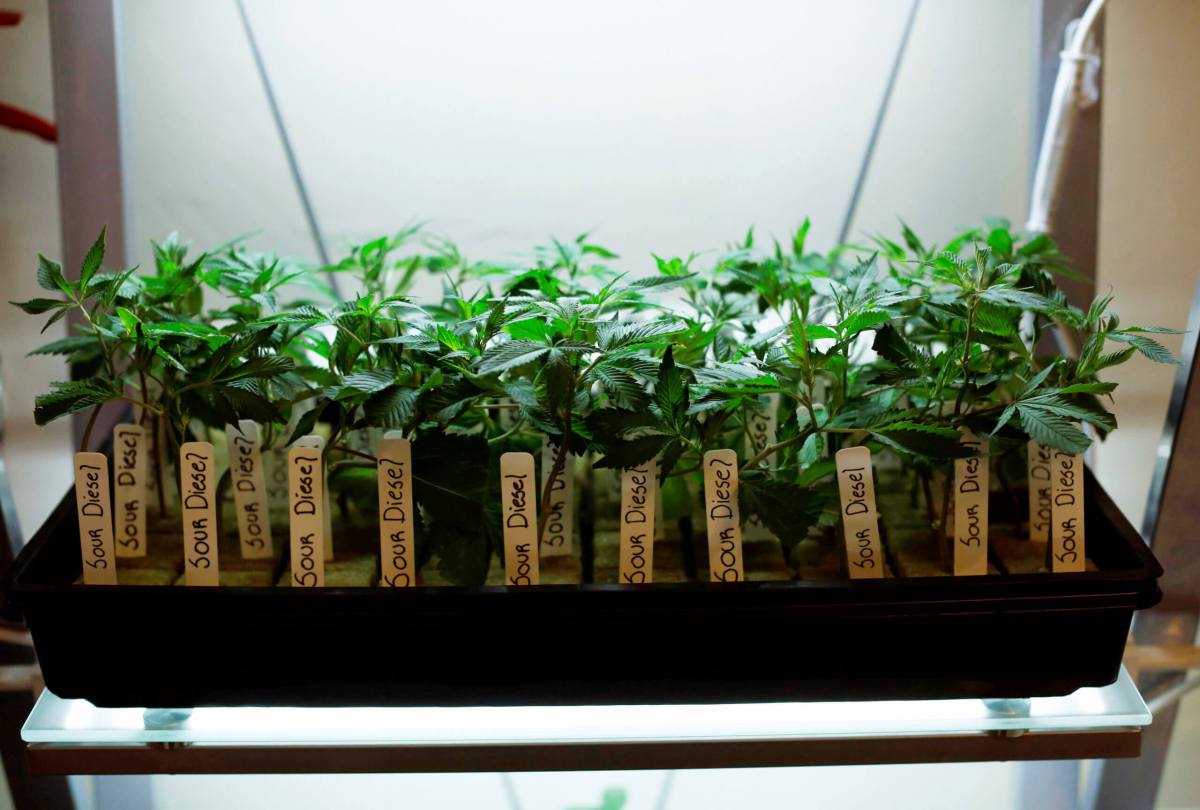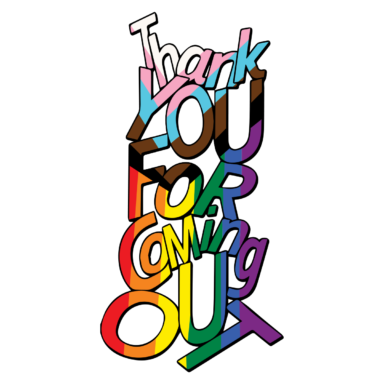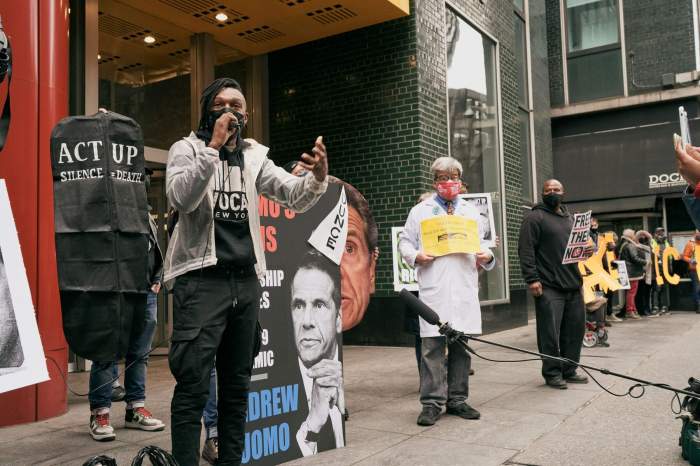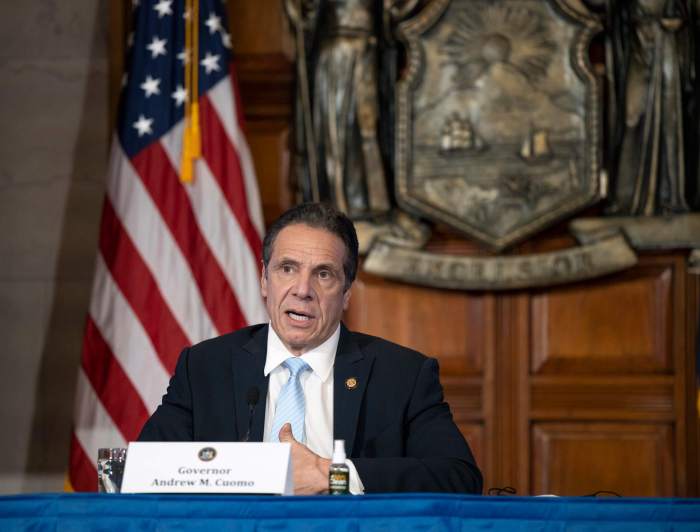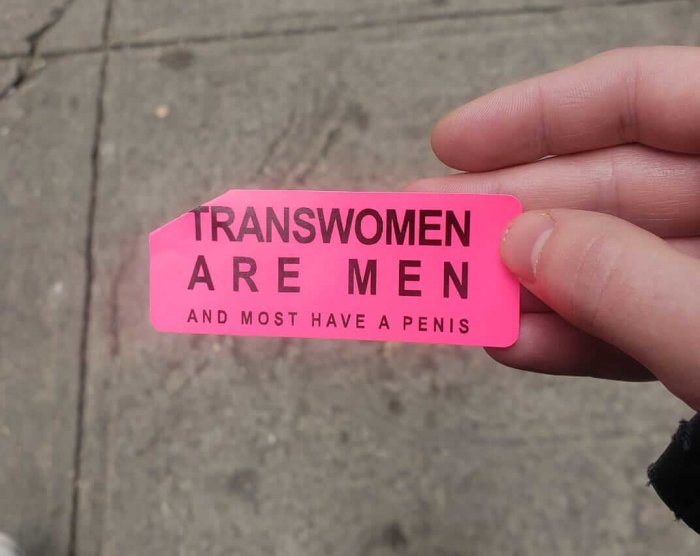The State of New York is on its way to fostering the most diverse and equitable cannabis industry in the country, as it will require that about half of all business licenses be awarded to social equity applicants. However, as it stands, the social equity measures outlined in the Marihuana Regulation and Taxation Act (MRTA) do not include the LGBTQ community, drastically outcasting many of those impacted by prohibition as well as those who served as trailblazers in the marijuana legalization movement.
Recently, leadership from Pantheon Collective worked with New York State Senator Jeremy Cooney, who proposed a new bill that would include gay, lesbian and bisexual people in the state’s social equity applicants for cannabis businesses (Senate Bill 7517 was previously submitted to committee to include transgender and gender non-binary people). In order to make the vision set forth by the MRTA a reality and properly acknowledge the LGBTQ community’s role in the cannabis movement, New York must amend this oversight by passing this legislation.
The LGBTQ community and cannabis activism have coincided for decades
The queer rights and cannabis legalization movements are tightly intertwined. Our community has long been an ally of legalization and decriminalization, with numerous members being outspoken activists and the plant has played a large role in the lives of many LGBTQ people.
Cannabis is a known treatment for HIV/AIDS Wasting Syndrome (a qualifying condition in New York’s medical marijuana program), Historically, HIV/AIDS has disproportionately affected the LGBTQ community. Because of this, the cannabis movement and gay rights movement not only gained ground at the similar times but were also based in advocating for ostracized populations and combatting legislation that disproportionately restricts the liberties of disenfranchised communities at higher rates than those of privileged ones.
Mary Jane Rathbun became Brownie Mary through her distribution of pot brownies to patients as a hospital volunteer for the Shanti Project, the first organization to offer medical services to AIDS patients. At one point, Rathbun was baking nearly 600 brownies a day and was arrested several times for her efforts to help a population that was otherwise being ignored.
Brownie Mary, along with Dennis Peron, also co-founded San Francisco’s Cannabis Buyers club, the first public medical cannabis dispensary in the US. Despite constant threats of violence, harassment, and arrest, membership at the collective at one point exceeded 8,000 HIV/AIDS patients.
Paul Scott was another activist who contributed greatly to the LGBTQ community’s advocacy for cannabis in San Francisco. He created the first medical marijuana facility in Inglewood, helping terminally ill patients cope through cannabis use and participation in support groups. Scott also helped found Los Angeles’ Black Gay Pride organization and continues to advocate for queer people of color in the industry today.
A gay man was the “Father of Medical Marijuana”
Of the many activists we have to thank for where the cannabis industry is today, Dennis Peron, a Bronx native and advocate for those suffering from HIV/AIDS, should be on top of that list. Following the loss of his partner Jonathan West due to AIDS and after witnessing the benefits of cannabis in easing his pain, Peron emerged as a leader, not only in the cannabis space but in the LGBTQ community, greatly influencing the push to legalize medical marijuana.
Widely revered as the “Father of Medical Marijuana,” Peron worked tirelessly on behalf of San Francisco’s LGBTQ community at the peak of the HIV/AIDS epidemic in the 1980s and 1990s for access to medicinal cannabis. He eventually co-authored California Proposition 215, also known as the “Compassionate Use Act of 1996,” establishing California as the first state to legalize medical marijuana. The passing of Prop 15 is thought to have paved the way for California to again set a precedent by legalizing recreational use through Proposition 64 in 2016.
The industry needs LGBTQ representation
Overall, cannabis remains a dominant issue for our community. However, LGBTQ leadership in the industry is lacking. With cannabis being recognized as a legitimate business endeavor, large corporations headed by more privileged groups will actively push queer individuals and people of color out of entrepreneurship. LGBTQ people deserve a seat at the table, and outcasting our community, which helped pave the way for legalization, will make the signing of the MRTA a simple gesture with hollow meaning.
Therefore, senate bills S7603 and S7517 are absolutely necessary, not only to ensure New York builds a diverse cannabis industry, but also to honor the decades of work the entire LGBT community has tirelessly done to support access to medical and adult-use cannabis and acknowledge the important role cannabis has played in helping those with HIV/AIDS.
As our state works to approve, and hopefully combine these bills, our hope is that our elected officials look to rename the consolidated, overarching legislation the Dennis Peron bill to bring attention to this extraordinary individual’s efforts and further exclaim this community’s relationship with cannabis and the movement for legalization.
Tyme Ferris (he/him) is a cannabis consultant and co-founder and CEO of The Pantheon Collective. He is a member of the LGBTQ+ community and the former Director of Operations for The Farm Co. (Colorado) and Mayflower Medicinals (Massachusetts).
Thomas Kupiec (he/him) is a licensed acupuncturist who believes in the medicinal benefits of cannabis. He is also a member of the LGBTQ+ community and co-founder of The Pantheon Collective.
The Pantheon Collective is a LGBT majority-owned cannabis start-up working towards LGBT equity and inclusion in New York’s adult-use cannabis market. If you or someone you know are interested in finding out more about entering the cannabis industry please reach out to our leadership team at info@thepantheoncollective.com.

